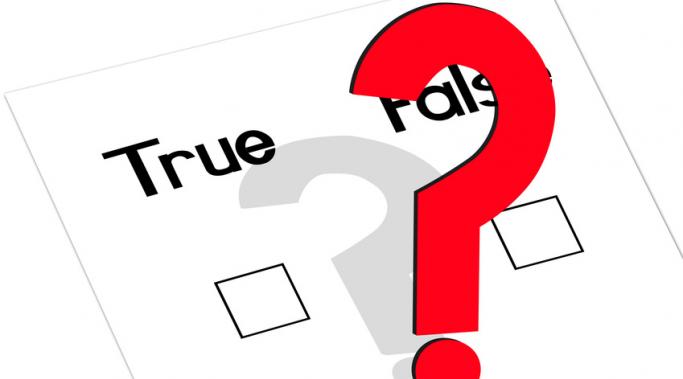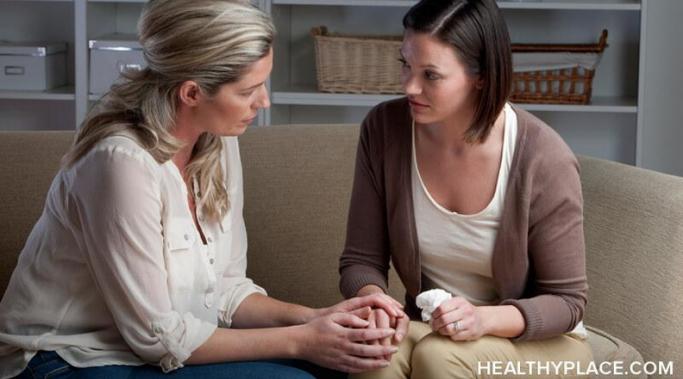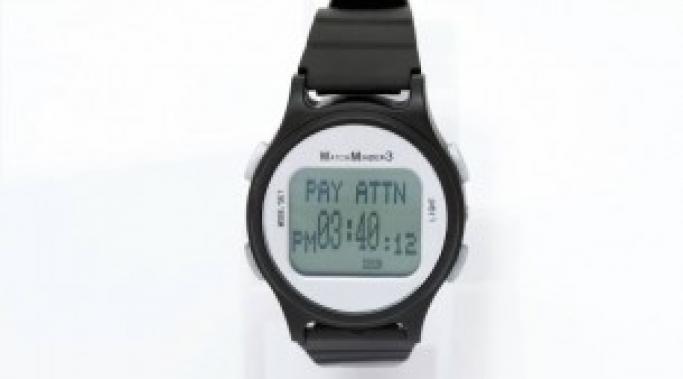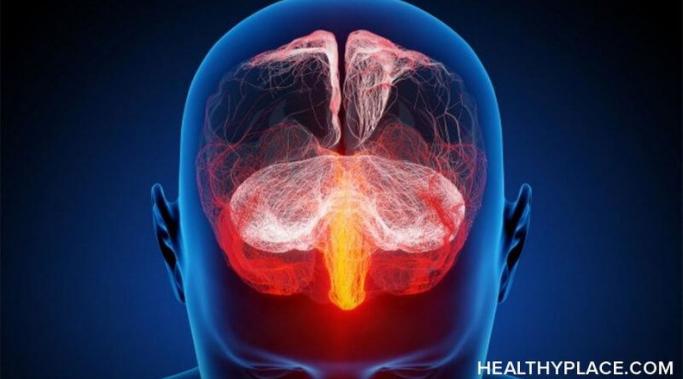Blogs
Previously, I proposed that thankfulness can be an antidote to the anxiety (fear) that results from living with trauma memory (In the Midst of Trauma, Why Thankfulness Matters). Whereas anxiety, when examined, is a response to an anticipated loss (of safety, of something of value, or opportunity, etc.), thankfulness is a response to the realization of gain. It is, indeed, a perfect antidote. Remarkably, few people think of it that way. You now have a way to become an exceptional person, to stand out from the crowd: realize the value of gratitude, and act to bring it into your mind. Read on for a list of ways you can bring thankfulness and gratitude into your life.
Mental illness is no mere fad, fashion, or lifestyle - it is a way of being. Each particular form of mental illness carries with it a vernacular, a unique configuration of specific attributes reflecting the experiential texture of that milieu. Specific mental illnesses have a diverse palette of associations including sights, smells, sounds, tastes, colors, and even musical forms.
Many of the most popular mental illnesses even have their own favorite day. For example, in the expansive realm of compulsive overeaters there is no day to match Thanksgiving, which, all protestations notwithstanding, is a virtual love song to gluttony. Gamblers, by contrast, live for the arrival of Super Bowl Sunday when even the most risk averse and timid in our midst throw caution to the wind and bet cash money on the outcome of an event they cannot control and barely understand.
Alcoholics, a notoriously hard to please group, are known to celebrate pedestrian events which go unnoticed by the rest of us, indeed, for them all of human existence is either worth celebrating with a drink, or worth fleeing by means of a drink. Even within this context New Year's Eve occupies a very special place for them. Stripped of all religious consequence, New Year's Eve offers no distraction from the business at hand, that is, two-fisted tippling resulting in a scorched synapse policy rendering participants tight as boiled owls, speaking with lords, and ultimately calling for Ralph.
I have a question: why is it that some people can’t accept the evidence of mental illness? I mean, it’s not like we’re basing our knowledge on one or two studies – we’re basing our knowledge of mental illness on study after study after study. First there were observational studies, then familial ones, then genetic and then brain-mapping ones. It’s not a tiny amount of data we have here, there’s oodles of it. And yet, people are prepared to say that all the science is flawed and that mental illness doesn’t exist or that the effects of mental illness aren’t real? I just don’t get it.
Every year, I make a list a couple weeks before New Year’s of the things that I want to accomplish in the upcoming year. I tell myself that I will start working on my list on January 1 of the new year, and that this year will be my best one yet.
Come February, I’m back to my old ways.
Focus on the small victories? What does that mean? It means that you need to focus on the little things rather than the big ones. For parents of a child with mental illness, it is often hard to see the little things; to notice the small wins that kids have. Especially children who act out or have frequent behavioral problems. Bob recently had an issue at school and I was reminded of something that happened with my father. I chose to focus on small victories. And this focus helped Bob.
"Anxiety" is a very broad term, encompassing many different experiences. In addition to situational anxiety, there are a variety of anxiety disorders that disrupt people's lives. All are different, but all share a crucial aspect: they affect our thoughts, emotions, and behaviors, and each anxiety disorder has the power to knock us completely off course.
Bliss is a magnified emotional state of joy, personal fulfillment and happiness. Think back to when you were a young child and, on Christmas day, you opened your presents to find you got exactly what you wrote on your list. All at once, it was a heightened sensation of excitement, joy, fulfillment and happiness that overtook you. Or can you recall a time when you came to the rescue of someone in tremendous need and their expression of gratitude filled you with a feeling of joy, fulfillment and happiness?
Adult ADHD is a "point of performance" disorder. We don't have difficulty learning, we have difficulty applying our learning when a situation calls for it. There are tools to help those of us with Adult ADHD to focus better, be more productive and, ultimately, be happier. And, for serious, who doesn't want to be happier?
The face of depression is a happy one. The face of depression is sad ... it's shocked, it's delighted, it's a confused face. The face of depression is a surprised face ... it's angry, dauntless, it's a grumpy face. The face of depression is that of your friend, your neighbor, your spouse. It is the face of your child's teacher, your hairdresser, your priest ... your son, your daughter, your boss, your employer. The face of depression looks like the everyday face and it is everywhere, you just may not know it.
Whether it be cutting, bruising, burning, head banging or picking, one thing is for sure – pain is involved. Gross or not, some self-harmers are interested in blood and tissues and use self-injury to redirect his or her focus. Some self-harmers like the feeling it gives them because it allows their internal pain to be released. Like I’ve stated in the past, self-harm redirected me to something else to worry about – the mark, the pain, covering the cut with bracelets or make-up.
No matter what the reason is behind why those who self-harm do what they do, pain is a main focus.







